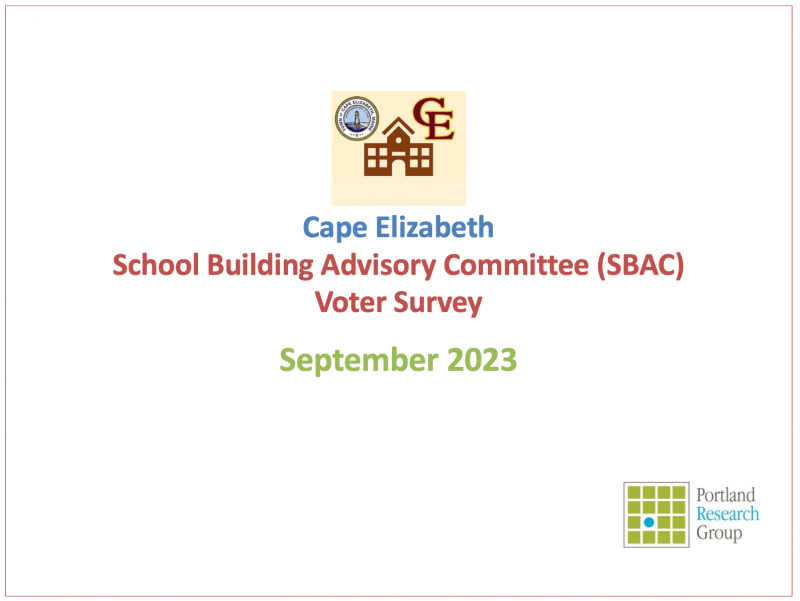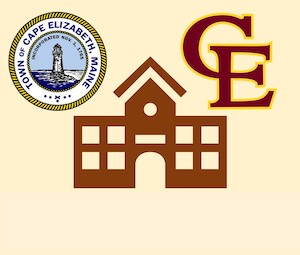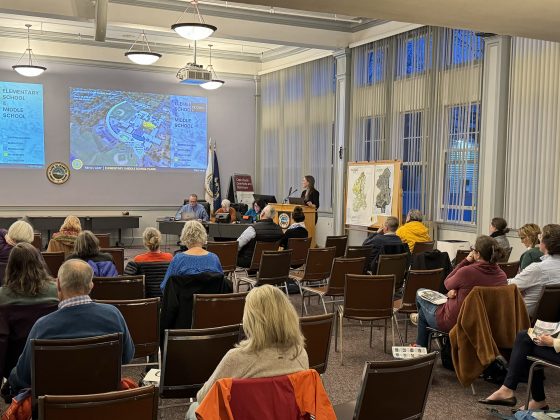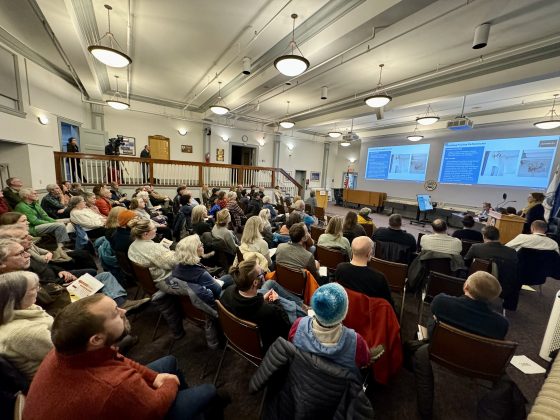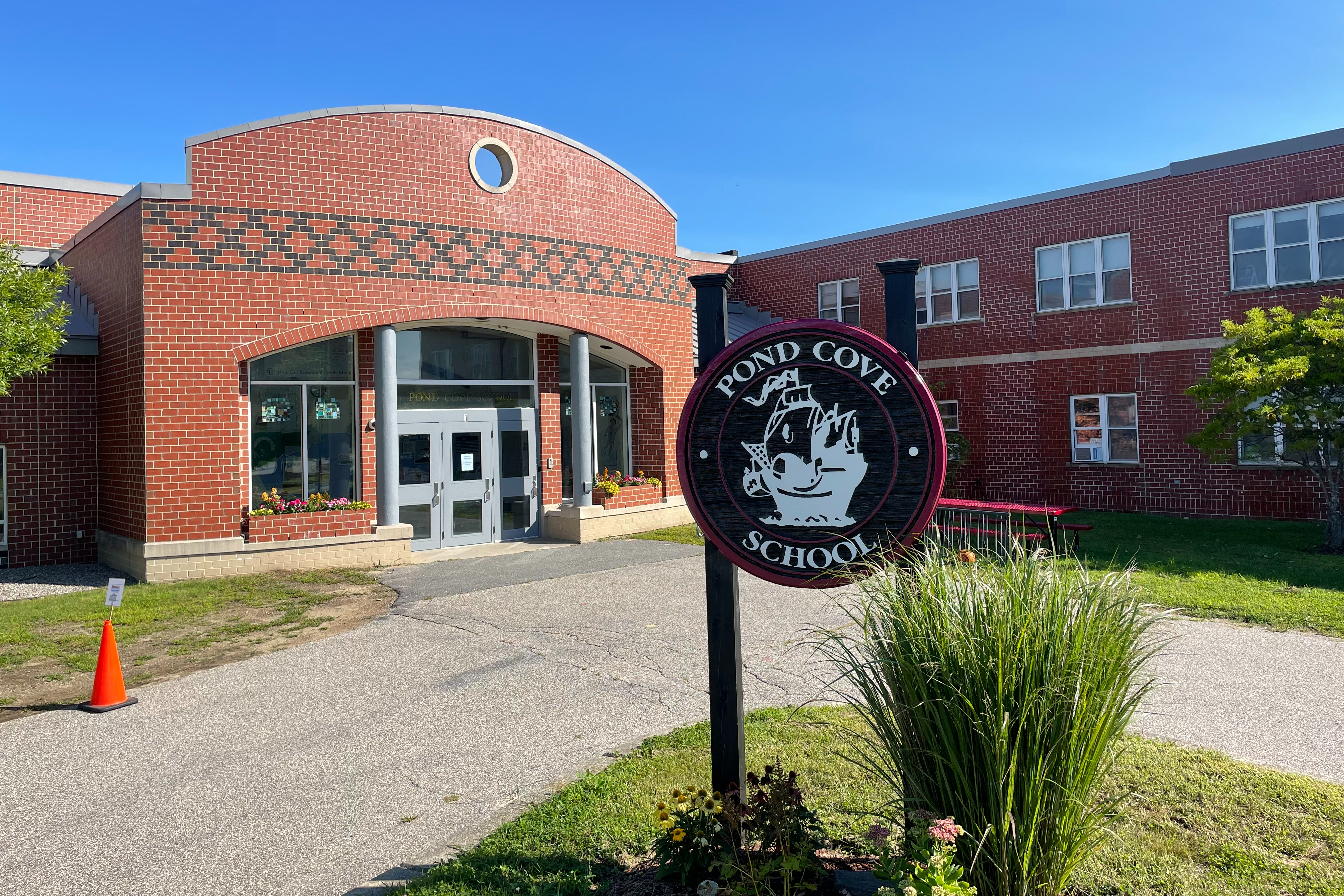The School Building Advisory Committee (SBAC) of Cape Elizabeth conducted a pivotal community forum at Town Hall to unveil the results of a comprehensive school building survey sent to every household in Cape Elizabeth. Held on September 20th, this gathering provided residents the opportunity to participate both in-person and online via Zoom.
The survey, conducted by Portland Research Group, was a key initiative to collect community opinions about the future of local schools. It witnessed a remarkable response rate, with over 1,600 individuals participating – an engagement that accounts for nearly 22% of Cape Elizabeth’s adult population. This enthusiastic participation underscored the community’s vested interest in the educational landscape of their town.
In keeping with the SBAC’s commitment to transparency and privacy, all survey responses were gathered anonymously. To facilitate a well-informed discussion at the forum, a detailed report of the survey findings, compiled by Portland Research Group, was made accessible on the Town’s website beforehand.
The forum featured a detailed presentation by Bruce Lockwood from Portland Research Group, who interpreted and presented the survey results. This presentation laid out the community’s perspectives and expectations regarding the school infrastructure, initiating an informed dialogue among attendees.
Through this forum, the SBAC demonstrated the value of community input in shaping the direction of educational facilities planning. The insights gathered from the survey, presented by Bruce Lockwood, will significantly guide the SBAC’s future actions and recommendations. The high level of community engagement in this process is a testament to Cape Elizabeth’s commitment to fostering a progressive and responsive educational environment for future generations.
Summary of Survey Findings
Reasons for Voting Patterns in the November 2022 Referendum: The survey aimed to understand why voters either supported or opposed the $115.9 million bond proposal for school buildings. Key reasons for supporting the proposal included the age and condition of the buildings, the need to modernize, and general support for schools and education. For those who opposed, the main concerns were the cost, tax increase, and the perceived excessiveness of the proposal.
Community’s Preferred Approach: There was a strong preference for a mix of renovation and new construction over solely new construction or renovation only. This indicates a community interest in balanced, cost-effective solutions.
Level of Concern About Current School Buildings: A significant portion of respondents expressed concern about the physical structure and functionality of the current school buildings. The concerns were based on general disrepair, security, age of buildings, and inadequate space.
Impact of Property Tax Revaluation: The pending property tax revaluation significantly influenced opinions about the school building project, with a notable portion of respondents indicating increased opposition due to potential tax implications.
Level of Property Tax Increase Supported: The survey also sought to understand the level of property tax increase residents would support for the school buildings project. Results indicated varied levels of support, with a slight majority of respondents willing to support a 5%-10% or greater tax increase.
Sources of Information and Preferred Communication Channels: The survey also explored where respondents obtained information about the referendum proposal and their preferred ways to receive information about the SBAC’s work. A significant percentage relied on local media like the Cape Courier and mailers to homes. The second most requested information source was an email newsletter.
